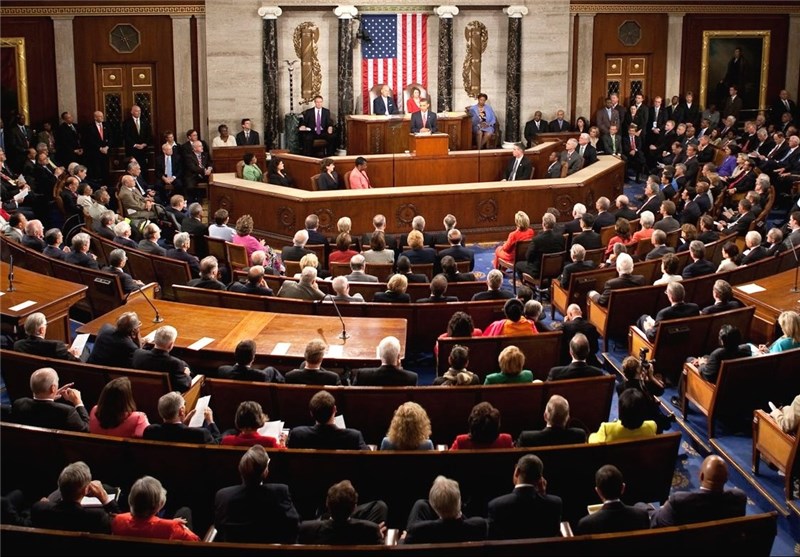
RNA - A bill to block the sale of weapons to Saudi Arabia failed to advance in the Senate on Wednesday as senators voted resoundingly in favor of a $1.15bn arms transfer.
“US support for Saudi Arabia’s wars cannot be unconditional, especially when civilians are being killed and terrorist organizations are growing stronger,” Murphy, a Connecticut Democrat, said on Thursday. “Congress is watching and we will not sit on the sidelines.”
For the past year, Murphy has continued to call for his colleagues on Capitol Hill to rethink the status quo of American support for the Saudi kingdom.
In an interview with the Guardian, Senator Murphy explained that, while he believes the United States’ relationship with Saudi is a vital one, the Persian Gulf state’s activities in Yemen are out of line with US national security interests.
“There has been little to no debate in the US Congress about this country’s participation in civil war in Yemen that’s greatly harming US national security,” he said. “The Saudis are not immune from criticism.”
“My hope is that while so far it doesn’t seem they’ve made any meaningful changes in the way that they conduct their airstrikes, maybe in the wake of this debate, with bipartisan concern shown for the results for aerial targeting, that they’ll change their way.”
Murphy has been willing to question America’s “special relationship” with Saudi Arabia for some time but he laid out his stance most definitively during a speech at the Council on Foreign Relations in January.
In that speech, Murphy said Saudi Arabia’s Wahhabism had an insidious effect in many countries, and it was exported using a “tsunami of money”, which more moderate forms of ideologies could not compete with.
“Why has Saudi Arabia been largely immune from direct public criticism from political leaders simply because they are a few degrees separated from the terrorists who are often inspired by the ideology their money helps to spread?” Murphy said at the time. “There’s growing evidence that our support for Saudi-led military campaigns in places like Yemen are prolonging humanitarian misery and aiding extremism.”
Saudi Arabia and a coalition of Arab states began an aerial bombardment of Yemen in March last year to reinstate fugitive former President Abd-Rabbuh Mansour Hadi, a Saudi ally, after he was pushed out by Houthis.
What was intended to be a short-lived campaign, has now entered its 18th month and has spiraled into a humanitarian disaster. Ten thousand civilians have died, food and water shortages have led to more than a million malnourished children, and aid groups’ access to the country has been blocked.
The US has provided military assistance to the Saudi-led coalition in Yemen through intelligence, and help refueling planes while they carry out airstrikes. Barack Obama has also overseen $115bn worth of arms offers to Saudi Arabia during his tenure, more than any other US administration in history.
Beyond the myriad human rights violations in the war in Yemen, Murphy also wants to prevent Saudi Arabia from exporting its fundamentalist Wahhabism, around the world. He said it was creating fertile ground for terrorist groups to recruit impressionable youth.
111/847/C